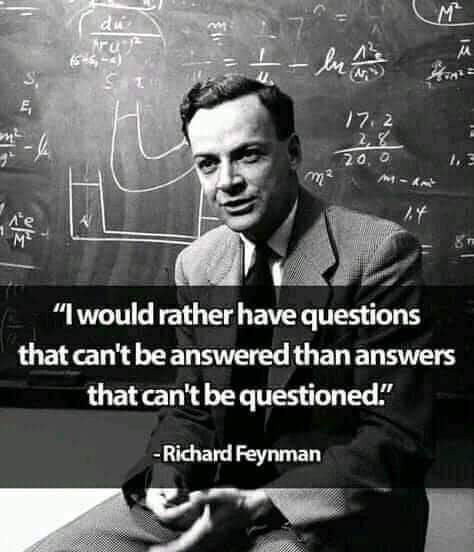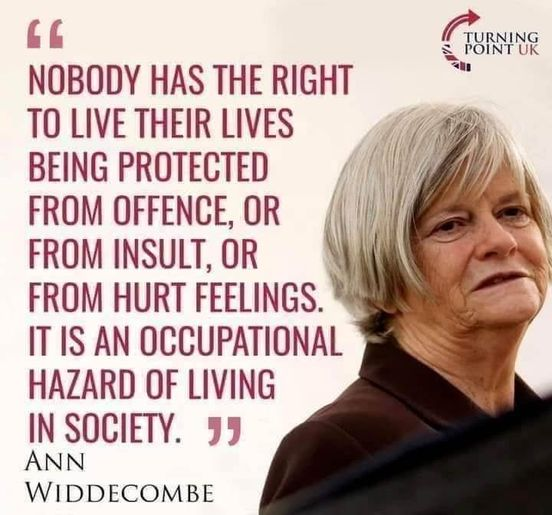One of the main things lacking in our governance is common sense.
Afterall why on earth should anyone accept the judgement of 650, "here today and gone tomorrow MPs", over the views and opinions of an electorate of 48 million?
I’ve just finished and interesting book by Dr Frank Luntz, an American pollster, called ‘Words That Work – It’s not what you say, it’s what people hear’. In it he covers American election campaigns up to 2007, when the book was published, explaining clearly words that work and those that don’t.
In chapter ten he looks at the emotional side of Americans – their fears, their hopes their dreams - as it is reflected in the political language they like to hear. Of the 13 sub-headings in this chapter two struck a chord with our six demands namely – Community and Common Sense.
First, Community and we can go back as far as Aristotle who said that the family is the foundation and model for all government and the closer to the family level and scale it is, the more real an institution or organisation seems to the people. Then Edmond Burke talked about “little platoons” of society as the primary recipients of the people’s loyalty and affection, and the concept still holds true today. Our second demand is for ‘Real Local Democracy’.
Second, Common Sense and in a poll, this was the top principle Americans felt was missing from Washington D.C. and many state capitals across the country. He went on to say that the American public understanding of common sense dates back to the mid 1700s and has been an ongoing part of the American heritage for 250 years. Furthermore, he added that Americans know that displays of common sense in the political world are much too uncommon and they believe their government is far too ideological, political, overcomplicated and bureaucratic. Amen to that and our fourth demand is for ‘The People’s Consent’.
Finally, in chapter one he covers the 10 rules of effective language which include ‘simplicity’ and ‘brevity’ so with that in mind I’ll finish my post this week!

